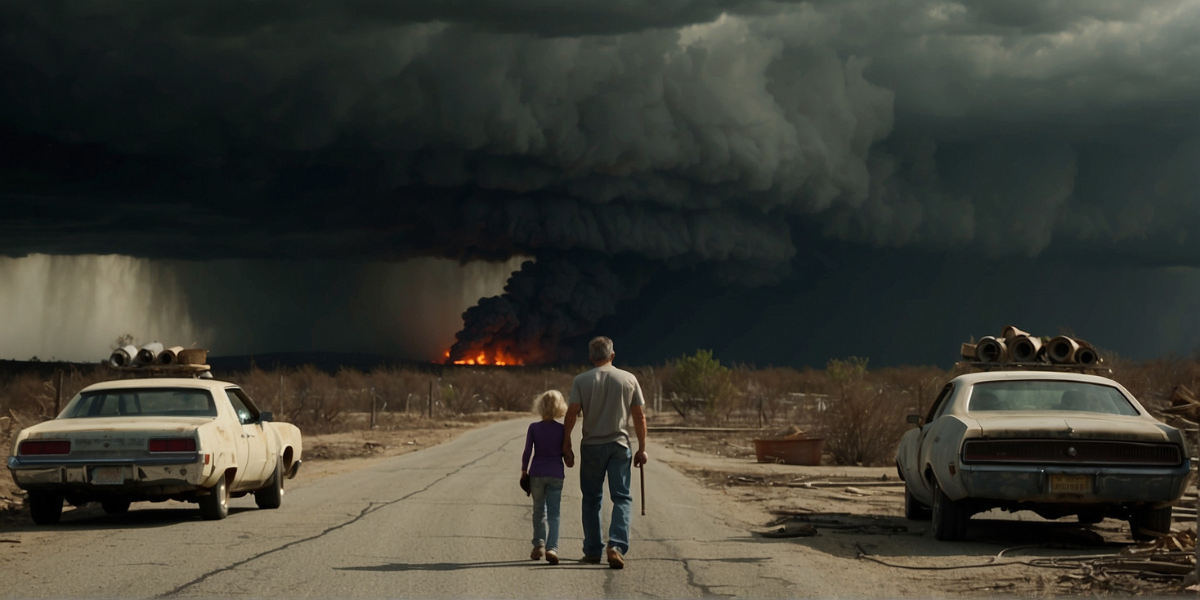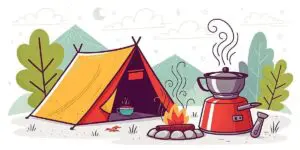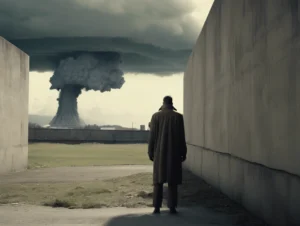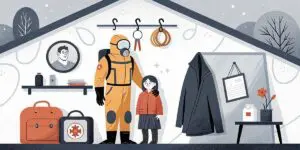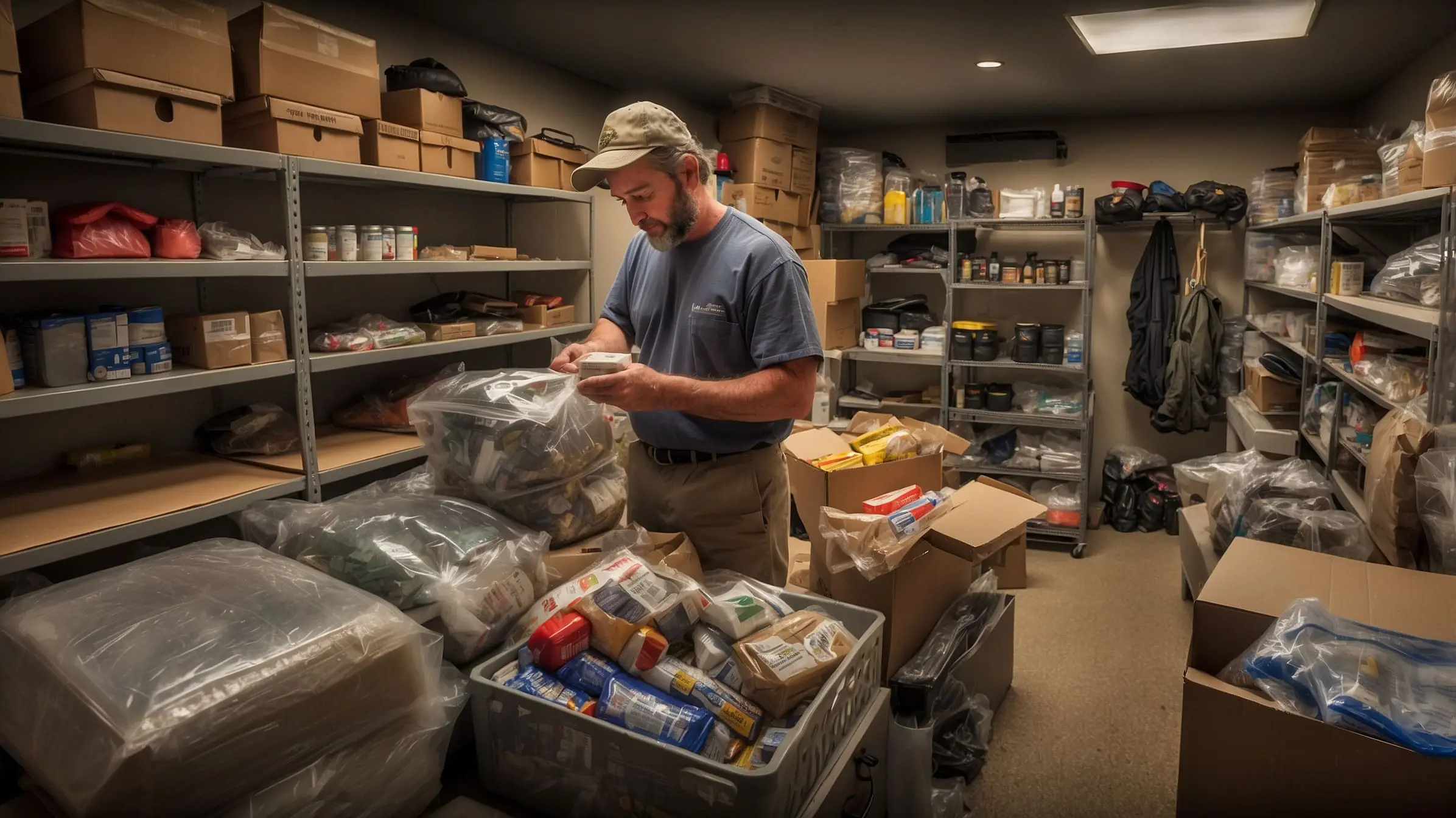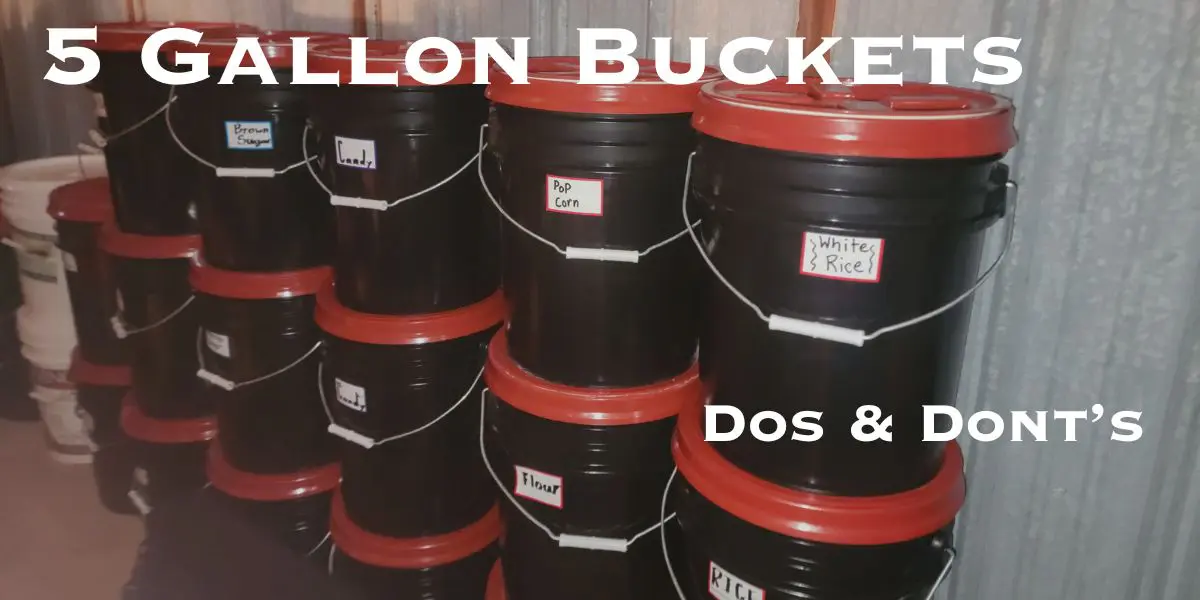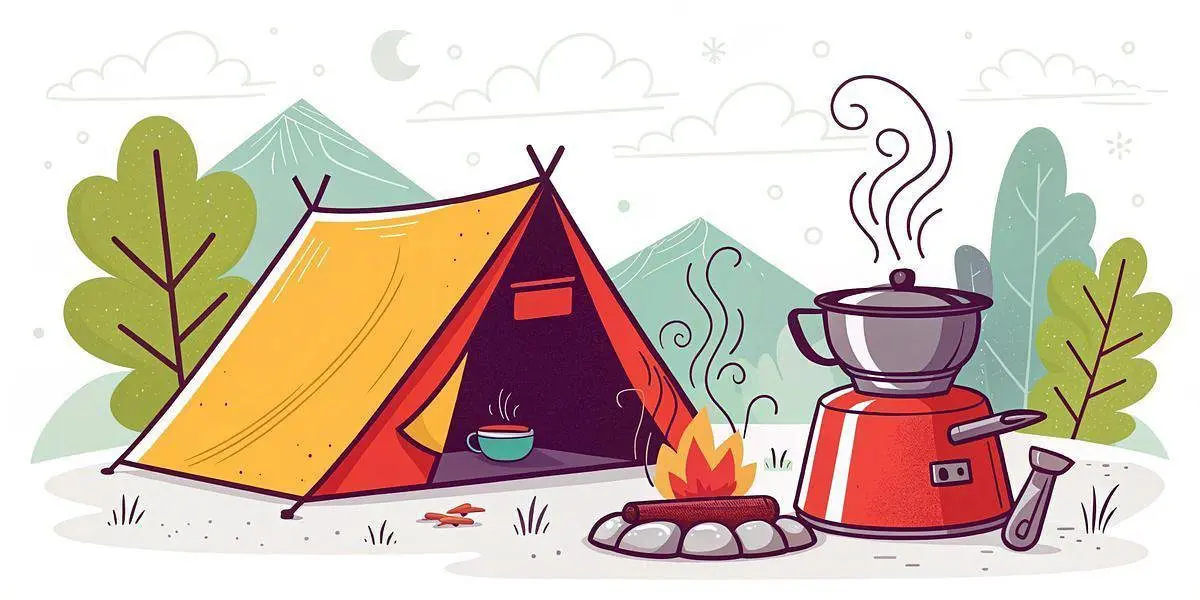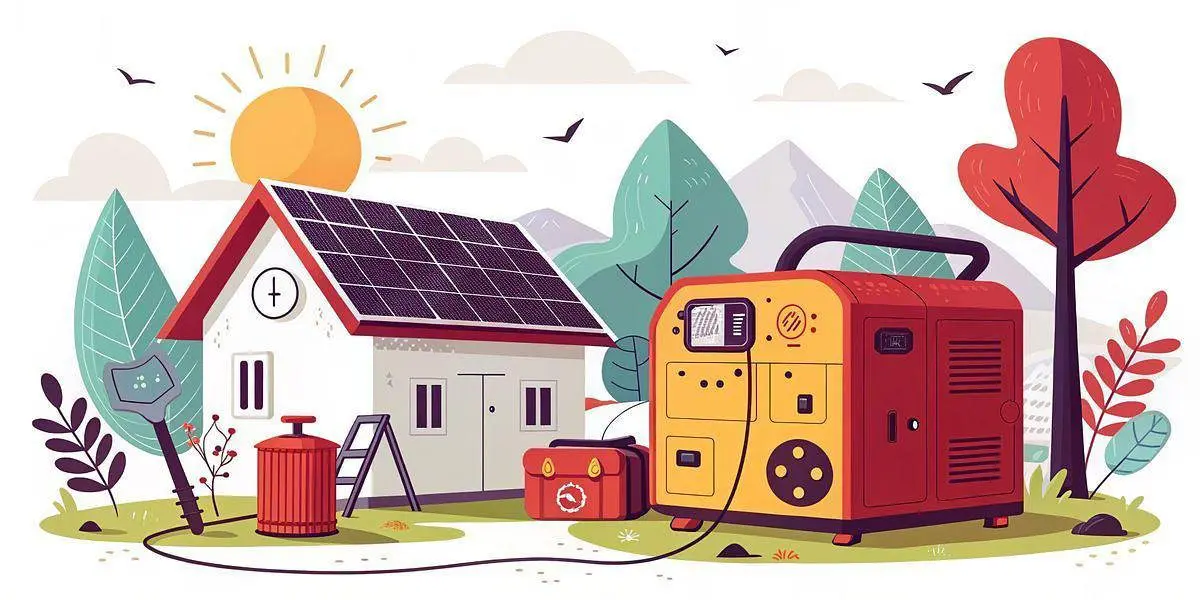When asked if they would like to endure a disaster scenario, the unanimous answer is a resounding yes. When asked about being ready for such an event, most people don’t feel confident. Only about a third of them say they are prepared.
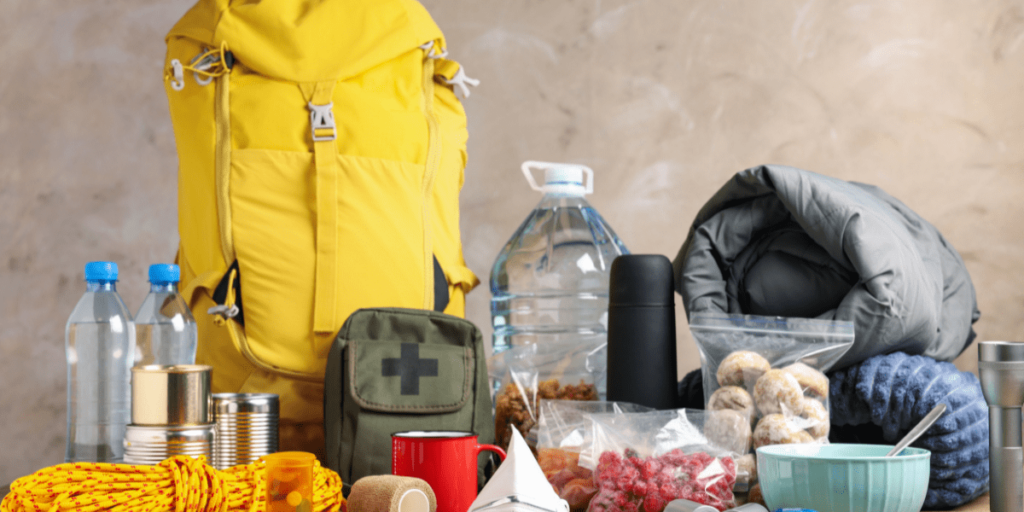
While the desire to survive is universal, the commitment to plan for survival is not as widespread. People often cite various reasons for their lack of preparation, with financial limitations frequently topping the list. Some people think survival preparation is expensive, so they rely on government help instead.
Real Non-Perishable Meals, 25-Year Shelf Life, Portable Flood-Safe Container, 120 Servings
What they overlook is the government’s limited capacity to assist in the wake of a catastrophic disaster. Government intervention may be feasible in localized crises, but history has shown its shortcomings in larger-scale disasters like Hurricane Katrina.
Imagine a catastrophic global disaster, like a widespread outbreak of Ebola, impacting hundreds of thousands of individuals in all cities and states. The government’s resources would be stretched thin, and if you were quarantined and healthy, you would be one among millions. Would your needs be adequately met in such a scenario?
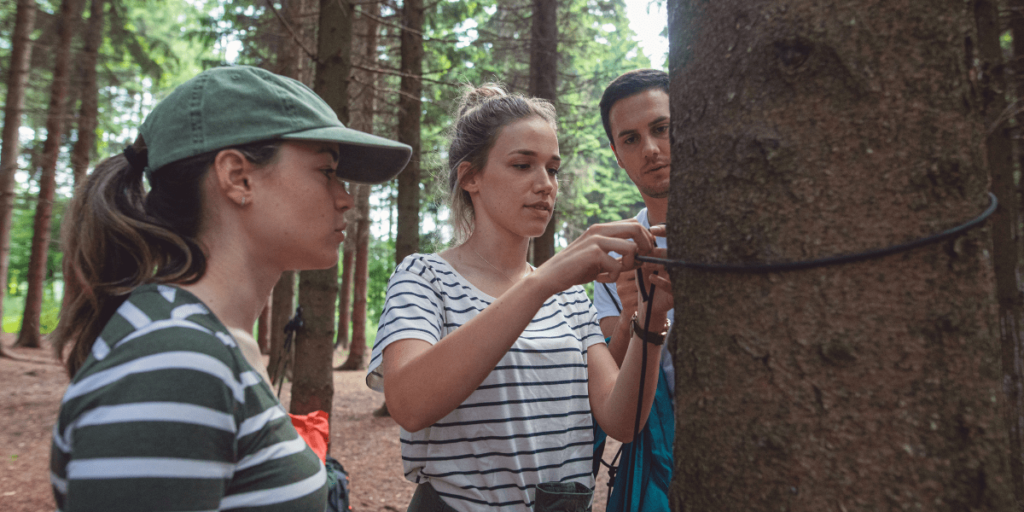
Relying solely on external aid is a risky gamble, and disregarding survival preparation is a luxury you cannot afford. The issue arises when people view survival preparation as a monumental, one-time expense instead of a gradual, manageable process.
The key is to approach the task in bite-sized chunks, focusing on accumulating supplies incrementally. Even on a budget, it’s possible to build a survival kit over time.
For those living paycheck to paycheck, survival preparation is still within reach. The strategy is to purchase a few survival items each month. As the months pass, your stockpile will gradually grow.
LifeStraw Personal Water Filter for Hiking, Camping, Travel, and Emergency Preparedness
Start by setting modest, achievable goals. Begin by preparing for a 72-hour emergency for each family member. Once you’ve achieved this, gradually expand your supplies to last a week, then two weeks, and so forth.
You can allocate funds for survival preparation by eliminating non-essential expenses temporarily until your supplies are sufficient. Be frugal and make every penny count.
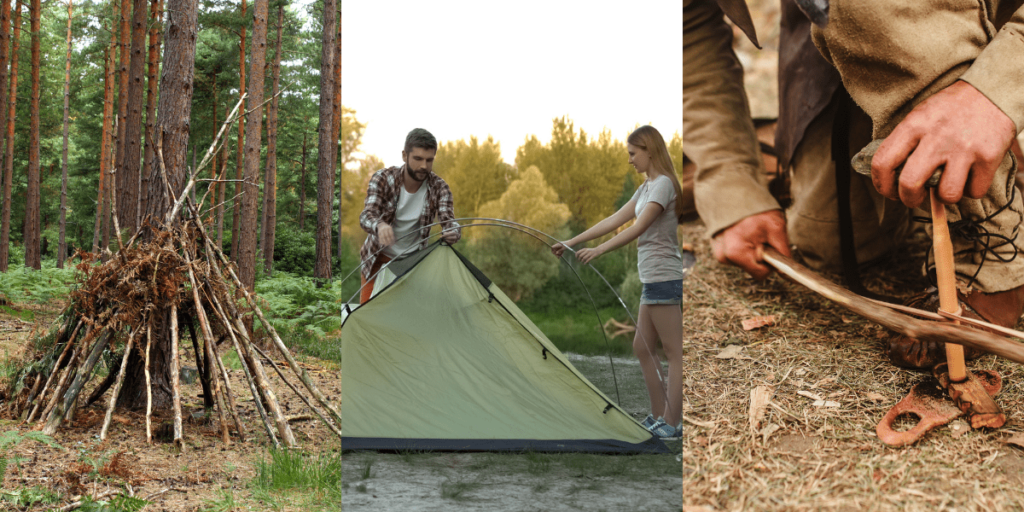
Utilize coupons, particularly the buy-one-get-one-free deals. Always look for sales when shopping for food and supplies. Consider selling unused items around your home and use the extra cash to bolster your survival supplies.
Remember, survival preparedness is not a luxury, but a necessity. Don’t let financial constraints deter you from ensuring your and your family’s safety.

